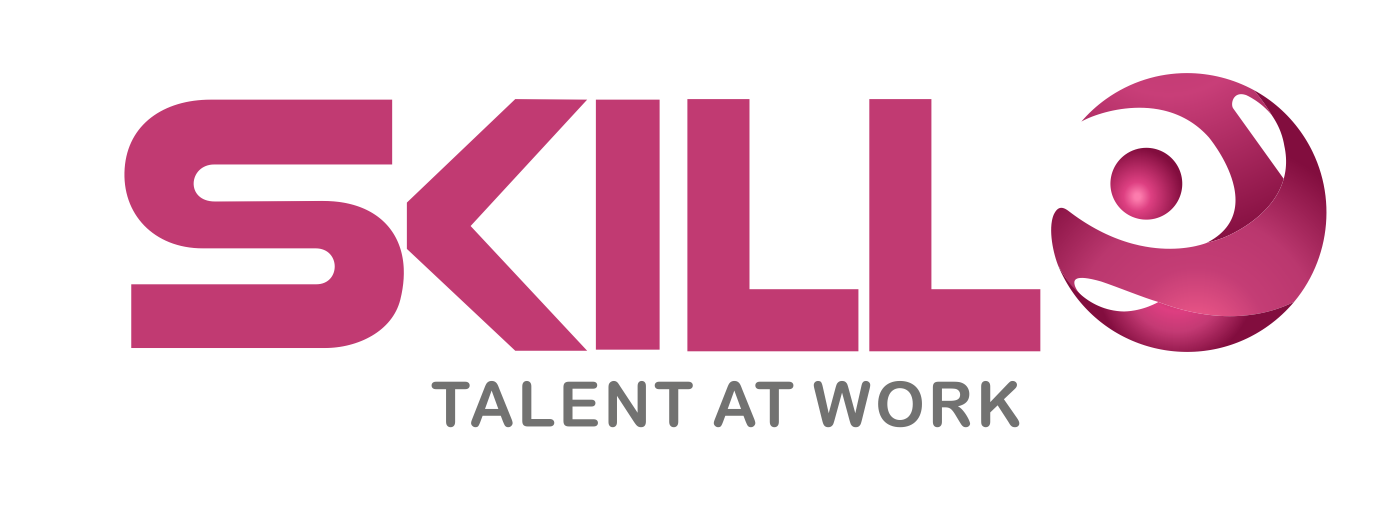
The landscape of technology is evolving rapidly, with 2023 highlighting an acute IT skills gap. Why has this chasm emerged, and how can IT consultancies rise to the challenge? Let’s dive deep.
Understanding the IT Skills Gap
A growth in specialized talents is expected in an era of rapid technological transformation. Unfortunately, demand and supply are out of balance since the educational system often lags. What is the outcome? Businesses struggle with client trust, fewer innovative projects, and delays in project completion, particularly IT consultancies. The convergence of these difficulties results in declining sales and maybe a damaged reputation in the industry.
The Imperative of Bridging the Gap
It is necessary, not optional, to bridge this skills gap. Establishing trust is critical for IT consultancies. This confidence is strengthened by completing projects effectively and regularly exceeding client expectations. The degree to which a consultancy can demonstrate its knowledge is a direct indicator of its business growth, income generation, and general market position.
Strategies for IT Consultancies
Proactive action is needed from IT consultancies to close this skills gap:
Training and Upskilling: Teams can keep updated by forming partnerships with online learning platforms.
Cooperation: Collaborating with academic institutions or even other IT consulting firms can help to share resources and expertise, which can promote growth on both sides.
Holistic Hiring Practices: Beyond just hiring, consultancies need to retain talent. A conducive environment promoting continuous learning can make all the difference
Embracing Global Talent: It’s important to look beyond geographic borders and tap into global talent pools as remote work becomes increasingly common.
Emerging Trends in 2023
To stay ahead, IT consultancies need to be attuned to the latest trends:
Micro-credentials: Bite-sized courses enable professionals to upskill without long-term commitments.
Balancing Skills: While technical knowledge remains crucial, soft skills—like effective communication and critical thinking—are gaining prominence.
Innovative Training: Technologies like augmented reality are making training immersive, offering hands-on experiences like never before.
Evaluating the Impact
As IT consultancies deploy these strategies, measuring success is key. Monitoring key performance indicators (KPIs), soliciting client feedback, and assessing long-term benefits will help consultancies refine their approach and cement their position in the market.
In conclusion, the IT skills gap, while challenging, also presents an opportunity. With foresight and adaptability, IT consultancies can not only bridge this gap but also carve a niche for themselves in an increasingly competitive arena. 2023 beckons with challenges, but for those prepared, it also holds immense promise.
